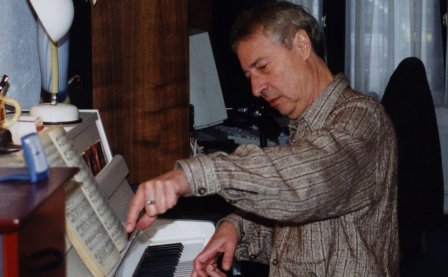Independent rock labels have made great headway in turning on listeners to challenging, cutting-edge jazz. Homestead and Henry Rollins’ defunct 213 and Infinite Zero labels helped expose David S. Ware, Matthew Shipp, and William Parker to more casual jazz fans in the early 90s, and these and other avant jazz artists have been doing great work for Thirsty Ear’s Blue Series over the last decade. The fact that alto saxophonist and composer Matana Roberts’ extraordinary new album COIN COIN is released on Constellation, a label better known for serious, somber rock, tells us Roberts knows this music deserves and can net a wider audience than more traditional jazz records would reach. In fact, the Chicago-born Roberts was already something of a post-rock fellow traveler, playing on Godspeed You! Black Emperor’s Yanqui U.X.O. and inviting members of Tortoise to guest on one of her albums. She was also in jazz trio Sticks and Stones alongside Josh Abrams and Chad Taylor, two other players active in Chicago’s cozy jazz/rock/whatever milieu. But in the end, making these connections primarily serves to pique curiosity and draw in listeners, as COIN COIN is a pure celebration of jazz.
COIN COIN was recorded live in the studio of Montreal’s Hotel2Tango last July with Roberts leading a group of 15 musicians playing multiple saxophones, two trumpets, two basses, two violins, a cello, piano, prepared guitar, drums, musical saw, and doudouk. That’s a large group, and the inclusion of the last two instruments especially might lead one to think the arrangements are needlessly crowded or exotic, but it certainly never feels like that. Edited down from a 90-minute performance to an hour, the music can be busy, even noisy, but these passages fit smartly within a larger compositional whole.
The album begins with a scorching solo burst of saxophone that recalls the fire music cries of Albert Ayler, Archie Shepp, and late-period John Coltrane. What follows over the next six minutes of opening track “rise” is a composition that references multiple styles of jazz, then detours into wholly original territory, most notably during Roberts’ theatrical spoken word/half-sung portions. These vocals, featuring Gitanjali Jain alongside Roberts, appear throughout the album, with a narrative that concerns the history of slavery in America and how it continued to affect and inform the lives of African Americans throughout the 20th century. Some sections offer stronger images and impressions than others, while Roberts and Jain’s intertwining vocals often favor ambiguity and emotional resonance over clarity and pedagogy. While I personally tend to shy away from spoken word or vocalese in jazz, these vocals are essential to its success.
COIN COIN’s middle section serves as a self-contained example of what Roberts and her band have accomplished on a larger scale. “kerasia” begins with a repetitious modal vamp before the music softens to allow Roberts’ and Jain’s vocals to dominate the track. The instruments soon come back on full blast, with Roberts leading the pack, picking the opening theme back up before sliding into a Dixieland romp that eventually mutates into a free jazz spree. This then segues into the centerpiece of the album, “libation for Mr. Brown: Bid em in…,”a soulful a cappella gospel blues chant that recalls a slave auction. In just 15 minutes, these tracks cover an astonishing amount of musical ground, highlighting Roberts’ skill as both composer and performer.
By the time the album nears its end, you may feel like you’ve already been on an exhausting, emotionally charged trip, but the most intense music is saved for last two tracks. “i am” features stunning wordless vocals over rambunctious musicianship, while “how much would you cost?” closes out the album with a moving dedication to Roberts’ mother. The exuberant cheers and applause from the small studio audience at performance’s end remind you that what you’ve just heard has happened in real time, making it all the more impressive.
COIN COIN, the first half of a larger politically-charged and personal work, is one of those records you didn’t know you were waiting for, couldn’t expect you wanted or needed to hear. It’s already grabbed the attention of both jazz aficionados and its more casual fans, impressing both in equal fashion. This is complex, life-affirming music that’s both serious and playful, steeped in tradition yet as highly original and forward-thinking as anything you’re likely to hear this year.
More about: Matana Roberts




